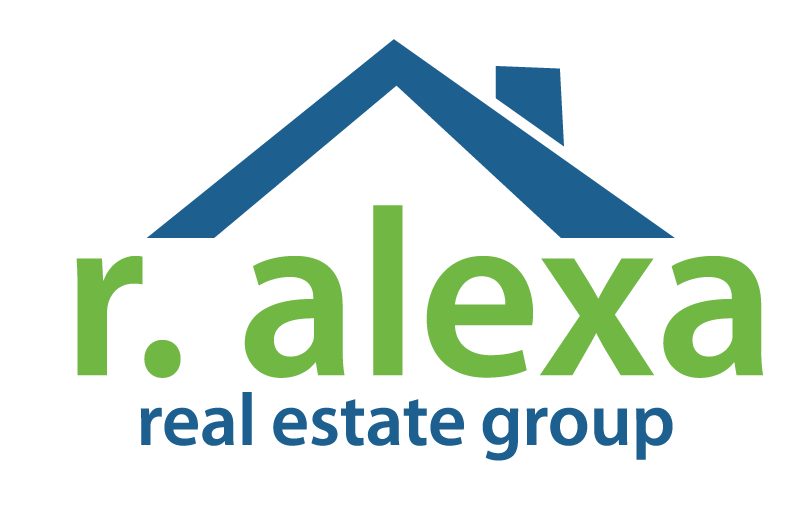Purchasing an investment property is a substantial decision with long-lasting effects. Owning an investment property has great potential, but it’s essential to approach the investment process with proper guidance. The first step will be to secure financing through a private lender or a more traditional mortgage loan through a bank. After securing funding, it’ll be vital to determine the most appropriate location to purchase the property. The next step will be qualifying and deciding upon using an agent or buying the property through an investor. Utilizing a professional minimizes the risks associated with the investment while maximizing the potential profit.
Financing Options for Investment Properties
When purchasing an investment property, several financing options are available depending on your financial situation, investment goals, and the property itself. Here are some common types of financing for investment properties:
- Traditional Mortgage Loans: Just like buying a primary residence, you can obtain a mortgage loan from banks, credit unions, or mortgage lenders. These loans typically require a down payment of roughly 20% of the sales price, although interest rates/terms are determined based on your creditworthiness and the lender’s criteria.
- Hard Money Loans: These are short-term loans provided by private investors or companies. Hard money loans usually have higher interest rates & fees than traditional loans. Still, they offer faster approval and funding, making them suitable for property investors who need fast financing or better credit.
- Private Money Loans: Similar to hard money loans, private money loans are issued by individuals or private companies rather than banks or financial institutions. The terms and conditions of private money loans can be negotiated between both the borrower and the lender, offering more flexibility than traditional financing.
- Seller Financing: In seller financing, the property seller acts as the lender & finances the purchase directly to the home buyer. This arrangement allows buyers to pay the seller over time, often without involving traditional lenders. Seller financing can benefit both parties by offering more flexibility in negotiations and terms.
- Home Equity Line of Credit (HELOC): If you already own a primary residence with equity, you can use a HELOC to finance the purchase of an investment property. HELOCs allow you to borrow against the equity in your home and use the funds for various purposes, including real estate investments.
- Crowdfunding: Platforms allow multiple investors to pool their money to finance real estate projects, including investment properties. Investors can contribute small amounts of money and receive returns based on the investment property’s performance.
- Portfolio Loans: Banks or lenders specializing in real estate investments offer portfolio loans. These loans are not backed by government agencies such as Fannie Mae/Freddie Mac, so they have more flexible eligibility requirements and can be tailored to investors with multiple properties in their portfolios.
Before choosing a financing option, you must consider your financial situation, investment strategy, and long-term goals to select the most suitable option for your investment property purchase. Additionally, utilizing a financial advisor or real estate professional such as an agent can provide valuable insights & guidance tailored to your specific circumstances.
Decide the Location for the Property
Selecting the right location for an investment property is crucial for its success and profitability. Here are several factors to consider when evaluating potential locations:
- Market Trends: Analyze the area’s current and historical market trends. It’s vital to look for signs of growth, such as increasing property values, rising rental demand, and new developments. A market with a steady or growing demand for rental properties is generally more favorable for investors.
- Economic Indicators: Consider the local economic conditions, including job growth, unemployment rates, and industry diversity. Areas with a strong and diverse economy tend to attract more renters and offer better investment opportunities.
- Population Growth: Look for locations with a growing population, as this indicates a higher demand for housing. Job opportunities, migration trends, and lifestyle preferences can drive population growth.
- Neighborhood Characteristics: Evaluate the neighborhood’s demographics, amenities, and overall desirability. Distance to schools, parks, shopping centers, public transportation, and entertainment venues can influence the property’s appeal to potential tenants.
- Property Taxes and Regulations: Research property tax rates and local regulations governing rental properties in the area. High property taxes or burdensome regulations can affect your bottom line and make specific locations less favorable for investment.
- Rental Market Dynamics: Understand the local rental market, including vacancy rates, rental yields, and price trends. Analyze comparable rental properties and rates in the area to assess your investment’s potential rental income and cash flow.
- Crime Rates and Safety: Safety is a significant concern for tenants, so the neighborhood’s crime rates and overall safety ratings should be investigated. Low crime rates and a sense of security can attract more tenants and help maintain property value over time.
- Future Development Plans: Look for signs of future development or infrastructure projects in the area, such as new transportation hubs, commercial developments, or revitalization initiatives. These projects can enhance property values and rental demand in the long run.
- School District Quality: If your target demographic includes families, consider the quality of local schools and educational opportunities. Properties located in top-rated school districts often command higher rents and attract more stable tenants.
- Accessibility and Transportation: Evaluate the accessibility and transportation options available in the area, including highways, public transit, and walkability. Convenient access to major roads and transportation centers can increase the property’s appeal to tenants and potential resale value.
By thoroughly researching and considering these factors, you can identify locations with the best potential for investment success and maximize the returns on your investment property. Additionally, working with local real estate professionals or property management companies can guide you in selecting the most appropriate location for your investment.
Using a Realtor to Purchase an Investment Home
Using a realtor compared to an investor to purchase an investment property offers several significant benefits. First and foremost, agents possess in-depth knowledge of the local market, including current trends, pricing dynamics, and potential investment opportunities. This enables them to identify properties that align with your investment goals and budget. Their expertise also extends to negotiating favorable terms and assisting with due diligence, helping you secure the best possible deal. Additionally, real estate agents have full access to a network of industry professionals, such as money lenders, inspectors, & even contractors, streamlining the purchasing process and ensuring a smooth and simple transaction from start to finish. With their guidance and support, investors can make informed decisions, weigh risks, and maximize the return on their investment in the competitive real estate market.
Start Investing in Real Estate Today
Investing in a property is a profitable venture with the potential for long-term financial growth & stability. However, purchasing the right property that aligns with your investment goals is essential. Whether you want to generate rental income, build equity, or diversify your investment portfolio, the location, market trends, and financing options must be carefully considered. To make informed decisions, it is advisable to leverage the expertise of a realtor. With proper research, planning, and guidance, buying an investment property can be a rewarding opportunity to build wealth and achieve your financial goals.




